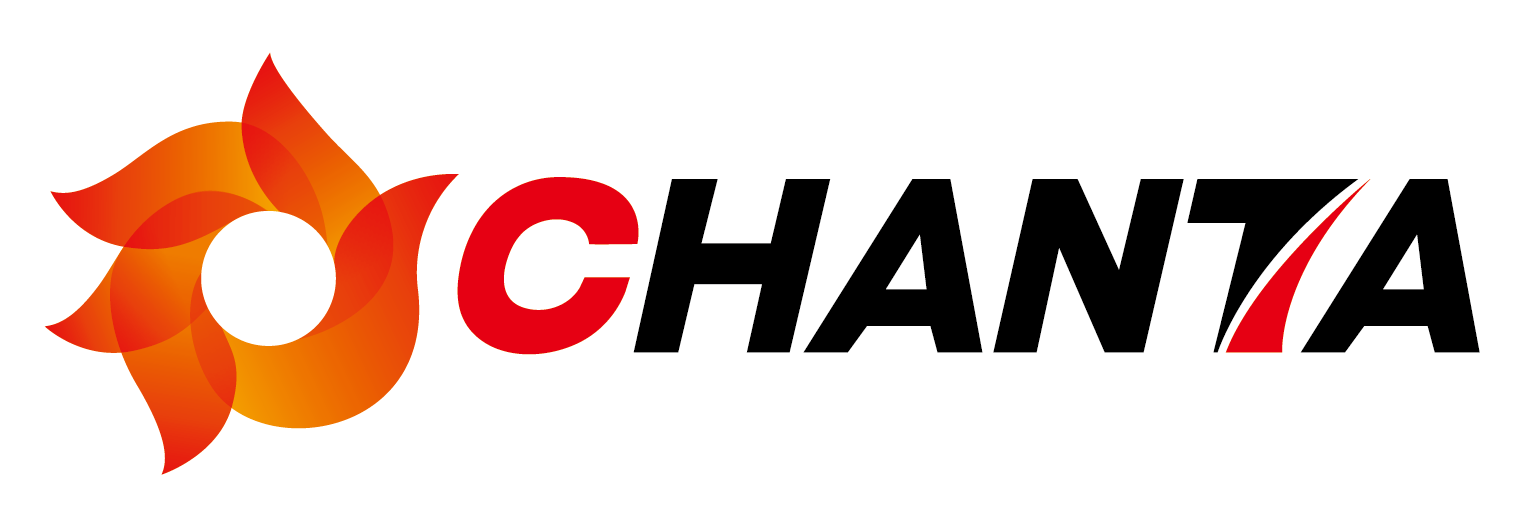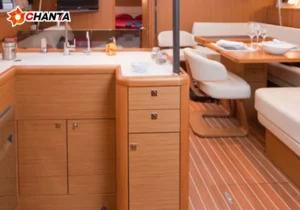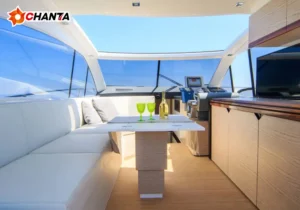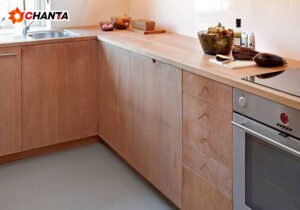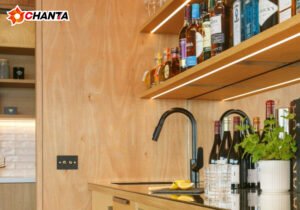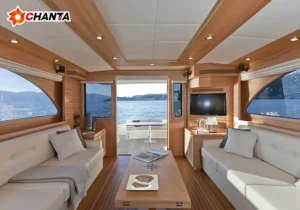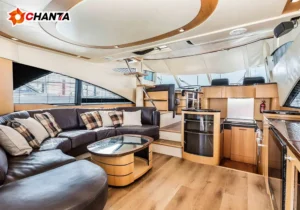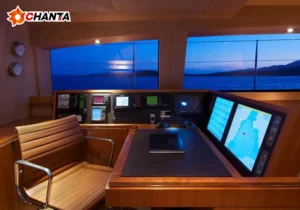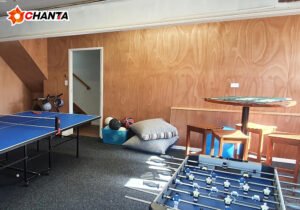Table of contents
When it comes to building durable, lightweight, and water-resistant panels for boats, yachts, or outdoor cabinetry, marine okoume veneer stands out as a premium material. Sourced from the Okoume tree (Aucoumea klaineana) native to Central Africa, this veneer offers a rare balance of strength, flexibility, and weather performance that makes it ideal for marine-grade applications.
What Is Marine Okoume Veneer?
Marine okoume veneer is a thin slice of okoume wood specifically designed for marine-grade plywood and paneling. It is used as a surface layer on plywood cores to provide an attractive finish and added water resistance. The veneer is typically rotary cut or sliced and then bonded with WBP (Weather and Boil Proof) or phenolic glue to form marine-grade panels that meet strict moisture resistance standards.
Why Okoume Is Suitable for Marine Environments
Okoume is known for being one of the lightest hardwood species, with a fine, even grain that finishes smoothly. In marine applications, its advantages include:
- Lightweight: Reduces overall boat weight, improving speed and fuel efficiency.
- Water resistance: When sealed and treated properly, okoume resists water penetration effectively.
- Easy to shape: The veneer’s flexibility makes it ideal for curved surfaces and detailed joinery in boat interiors.
- Aesthetic appeal: The uniform grain and warm tone of okoume create a luxurious finish for visible surfaces.
Common Applications of Marine Okoume Veneer
Due to its high quality and marine certification, marine okoume veneer is widely used in the following areas:
- Boat hull and deck construction
- Yacht interiors and cabinetry
- Jet ski platforms and custom watercrafts
- Outdoor furniture and kitchen panels
- Lightweight camper and RV walls
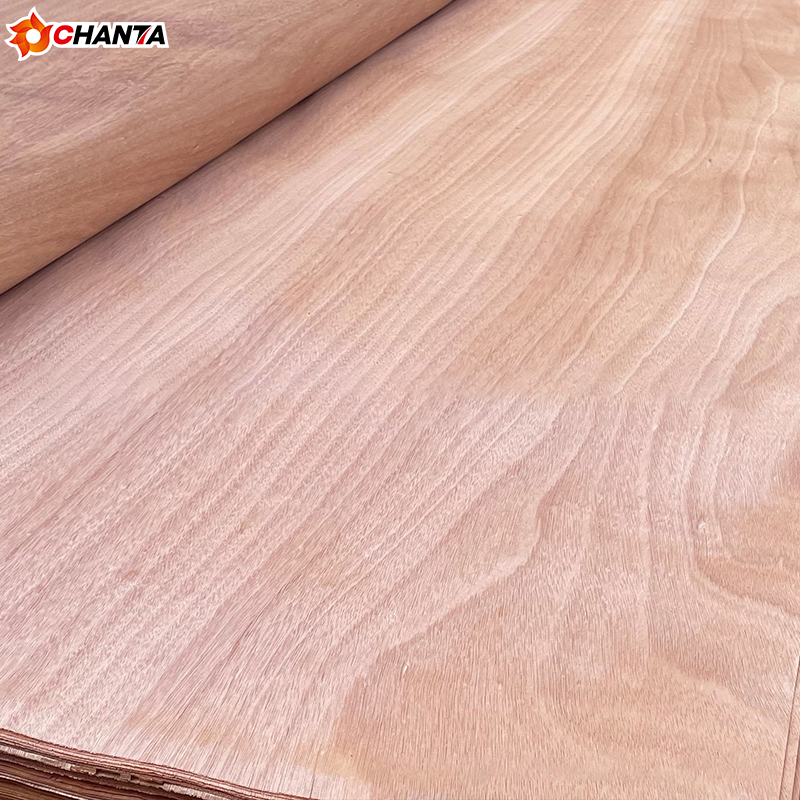
Comparing Marine Okoume Veneer to Other Veneers
Compared to standard plywood or cheaper tropical hardwood veneers, okoume offers significant performance benefits in humid or marine environments. For example:
- Vs. Mahogany: Okoume is lighter and more cost-effective, though mahogany is denser.
- Vs. Birch: Birch is harder but not as water-resistant, making okoume better for wet climates.
- Vs. Teak: Teak offers great water resistance but comes at a significantly higher price.
Key Considerations When Buying Marine Okoume Veneer
If you’re sourcing marine okoume veneer for manufacturing or large-scale marine projects, keep the following in mind:
- Check for marine-grade certifications like BS 1088 or Lloyd’s Register
- Verify the glue used (preferably WBP or phenolic)
- Ask for veneer thickness options (commonly 0.5mm–1.5mm)
- Inspect the surface for uniformity and core gaps in the plywood
Why Source from China or Direct Manufacturers?
Many global buyers choose to source their okoume veneer plywood directly from Chinese manufacturers. The reasons include:
- Factory-direct pricing
- Bulk production capacity for OEM/ODM projects
- Custom specifications and branding available
- Compliance with EU, US, and Middle Eastern standards
Conclusion
Whether you’re outfitting a new boat interior or looking to build high-performance outdoor cabinetry, marine okoume veneer delivers excellent water resistance, a smooth surface, and reliable durability. Its versatility and lightweight nature make it the top veneer choice for many marine designers and outdoor furniture manufacturers worldwide.
If you’re looking for the best marine okoume veneer supplier for your 2025 projects, feel free to contact us for technical specifications, samples, and pricing.
